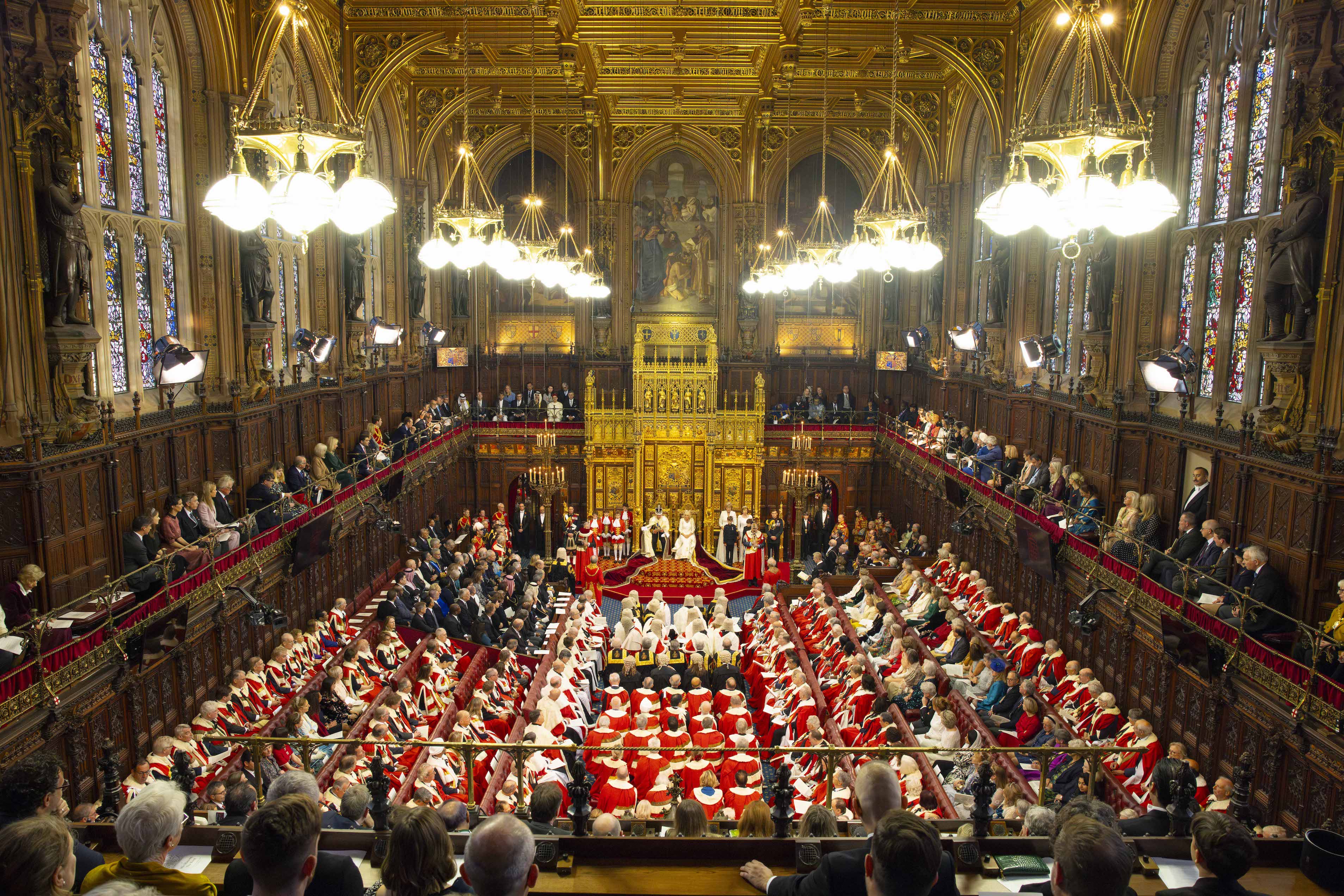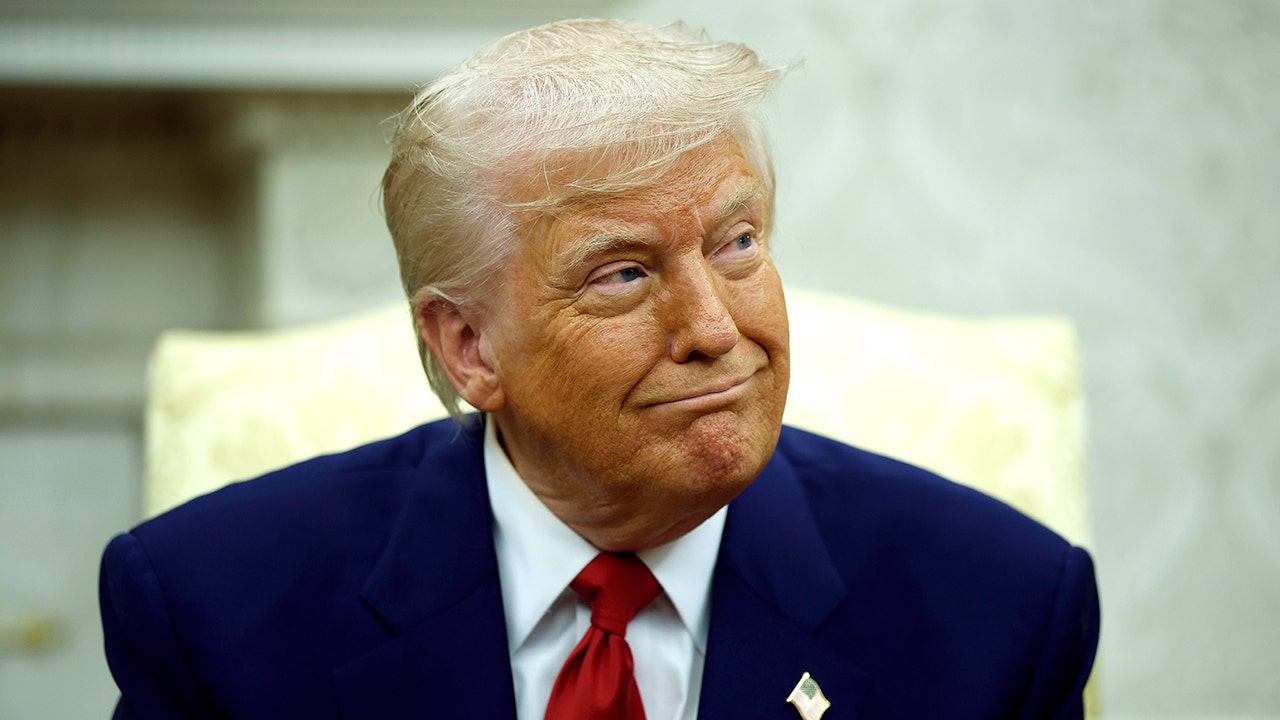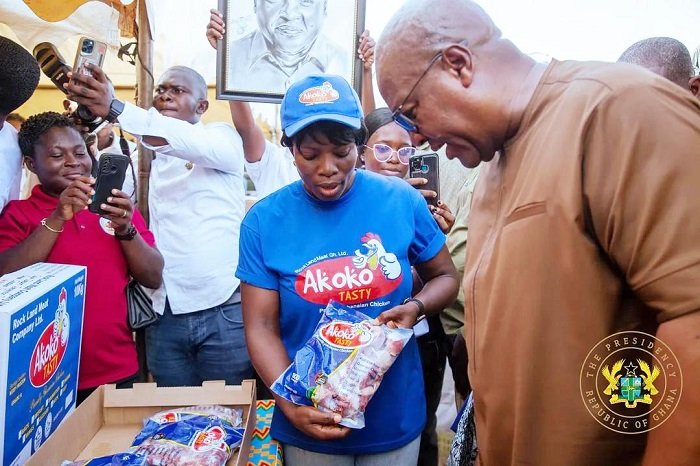The tax-funded PBS News Hour continued the hagiography of President Jimmy Carter, who died on Sunday at age 100, continued Monday. The online headline summarized: “A look at Carter’s accomplishments as president and his legacy as a human rights champion.” President Ronald Reagan certainly didn’t get that treatment for ending the Cold War by pushing the Soviets into the dustbin of history.
Guest host Nick Schifrin spoke with veteran reporter Judy Woodruff, Carter speechwriter James Fallows, and liberal historian and Carter biographer Kai Bird. Woodruff gushed that “It was the longest imaginable journey” to the White House for Carter, “who did come from that very simple beginning, but, against all odds, achieved everything that he achieved.”
Explaining why his approval rating “dropped from 70 percent to 28 percent” in one year, she noted Carter brought “a very loyal Georgia team with him to Washington, while glancing over Carter’s own responsibility for what happened (inflation, gas prices, the Iran hostage crisis) on his watch.
Bird used the Carter-inspired peace treaty between Egypt and Israel to go on an anti-Israel tear.
Then Bird, a fierce admirer of Carter, revealed unflattering things about his hero the liberal media has so far downplayed, like Carter’s post-presidency hostility toward Israel.
At least Schifrin stepped in to note that “Israel, of course, denies that it’s got anything to do with apartheid. But I want to keep going….”
Carter’s Nobel Peace Prize came up, as did the former president’s devout religiosity. Meanwhile, Reagan-supporting evangelicals have always received the hostile, arms-length treatment in the press.
Not mentioned: How Carter’s religious toleration went to extremes, even taking in radical murderous Islamists, as revealed in Carter’s March 5, 1989 New York Times op-ed criticizing author Salman Rushdie for writing the Muhammad-mocking The Satanic Verses (link courtesy of X account I’m Writing in Gary Johnson): “Rushdie’s Book Is an Insult.” The Ayatollah had issued a death sentence (“fatwa”) to Rushdie, which Carter termed “abhorrent,” yet went on to trash free speech:
For context, Rushdie barely escaped with his life during a violent attack at a 2022 literary event in Chautauqua, New York, by a radical Islamist trying to carry out the Ayatollah’s fatwa.
PBS News Hour
12/30/24
7:05:22 p.m. (ET)
Nick Schifrin: And for more on President Carter’s life and legacy, I’m joined by Judy Woodruff, who you just saw there, and has covered the Carter’s for more than 50 years, as well as James Fallows, Carter’s speechwriter during the first two years of the administration, and Kai Bird, author of “The Outlier: The Unfinished Presidency of Jimmy Carter.”
Thanks very much to all of you. Welcome back to the “News Hour.”
Judy, let me start with you.
Jimmy Carter grew up on a peanut farm, no electricity, no running water, the first member of his family to graduate high school. Just remind us, how far was his journey to the White House?
Judy Woodruff: It was the longest imaginable journey, Nick. You’re right, a peanut farm in the deepest of rural Southwest Georgia, Plains, the town that we have all come to identify with him, to reach the pinnacle, the most powerful job in the world, and, unimaginably, to leave office in a state of, if you will, political failure, not winning reelection
But then here we are 44 years later, and we are celebrating the life, the legacy of this man who did come from that very simple beginning, but, against all odds, achieved everything that he achieved.
Nick Schifrin: Kai Bird, against all odds? As I said, you called your book “The Outlier.” How was Jimmy Carter an outlier?
Kai Bird, Author, “The Outlier: The Unfinished Presidency of Jimmy Carter”: Well, he was an outlier for all of the reasons that Judy just explained. He came from these very spartan circumstances, no running water, an outhouse.
He was virtually raised in the 19th century, and now has lasted 100 years into the 21st century. And he was an extraordinary man, but I think Judy and Jim will all agree that he was just relentless. He was a workaholic. He — in the White House, he was devoted to figuring out the right thing to do and studying the memos.
He would read 200 or 300 pages a day. And I don’t know. Jim saw him on a more daily basis. I was just the biographer, but he could be a acerbic and difficult. People have this warm and fuzzy thinking perception of him, but he was a tough guy to interview, precisely because he was so smart and quick and knowledgeable.
Nick Schifrin: Jim Fallows, you wrote some of those memos. You were in the White House at the beginning.
Carter came to power after the twin traumas of Vietnam and Watergate. He promised never to lie and to help heal America. At first, did it work?
James Fallows, Former Speechwriter For President Jimmy Carter:
It did work at first.
And I think something that’s very difficult for people now in America, who think of Carter only as this grandfatherly figure wearing a cardigan, doing good works around the world, to imagine how magical he seemed when he came practically from nowhere in 1976.
I think he still has the record for the quickest ascent from 1 percent name recognition in the United States and one year later being sworn in as president. And part of what he was able to do was because he seemed to capture the spirit of that times. He was going to be honest. He was hardworking. He embraced all kinds of culture, black and white.
He was a military officer who also was against the Vietnam War. He was a friend of Bob Dylan. He quoted Dylan Thomas. He had Martin Luther King Sr. as one of his supporters. So there was some people would — what Democrats would associate with early Barack Obama or Republicans perhaps with Ronald Reagan, Jimmy Carter had in a pure form when he first came onto the scene.
Nick Schifrin: And yet, Judy Woodruff, as Jim Fallows just said, the magic of Carter’s first days wore off. His approval rating dropped from 70 percent to 28 percent from 1977 to 1978. Was that in fact in part because of the outsider status, perhaps the outsider staff that he brought with him, and it helped create the impression among some that he was, frankly, out of his league?
Judy Woodruff: Well, I think it had a lot to do with the fact that he didn’t really love the idea of bending to the ways of Washington. He brought his team, largely a very loyal Georgia team, with him to Washington. They surrounded him at the White House until about three years into the administration, when he finally did bring in some more Washington-experienced hands.
But you have to say the country was experiencing inflation. Gas prices were high. He was plagued in the last year of his presidency by the terrible Iran hostage crisis, where dozens of Americans at the embassy in Tehran were taken hostage, held for a year. He had the failed helicopter — the attempt to send in helicopters to rescue them that crashed.
There were so many things that happened that were bad luck. And you could attribute it to his great ambition, his determination to make a difference against all odds. But part of what happened, I would say, is the fact that he didn’t want to bend. He didn’t want to do things the way Washington had always done it.
To him, it was more important to try to do — quote — “the right thing” than to worry about what was going to get him reelected.
Nick Schifrin: Kai Bird, on foreign policy, Judy just mentioned the hostages, of course, in Iran, but a signature achievement of President Carter was a peace treaty that he personally helped seal between Egypt and Israel that stands to this day.
Do you believe that that is his crowning foreign policy achievement? And how did he stay focused on Israel long after that?
Kai Bird: Oh, that was a crowning achievement. It was an extraordinary episode in personal diplomacy. It just wouldn’t have happened without Jimmy Carter.
And yet it was an achievement of a cold peace between Israel and Egypt. But people should remember that Carter believed he also got an agreement, a road path to autonomy and maybe a two-state solution between Israel and the Palestinians, and that Begin reneged on it. And he spent the…
Nick Schifrin: Begin, the prime minister of Israel, that signed the Camp David accords.
Kai Bird: Yes. And Carter just believed that Menachem Begin had promised him one thing and then walked out the door and reneged. And he spent the rest of his life warning the Israelis that they were going down a road towards apartheid if they kept building settlements in the West Bank. And, of course, that was not a popular thing to say.
But this is Jimmy Carter. He is a prophet in the wilderness. And prophets are often unpopular. And he just — he was — he was relentless. And I have to say, looking at where we are today, I think he’s been proven correct. And that’s why we still have a terrible conflict in the Middle East today.
Nick Schifrin: Israel, of course, denies that it’s got anything to do with apartheid. But I want to keep going.
Jim Fallows, his other foreign policy legacy is turning over the Panama Canal to Panama, something criticized not only by his opponent, President Reagan, eventually, but also recently by president-elect Trump. We mentioned Iran, of course, normalization with China.
How much of Carter’s legacy is defined by those topics and what was most important to him?
James Fallows: So, I think, in addition to the Camp David accord, where I agree with what Kai Bird just said, I think that Carter would rank two other achievements near the top in foreign policy. One was the Panama Canal treaties, which, interestingly, the first negotiations on that front had happened under Richard Nixon and at the urging of the U.S. military, which said that, unless there was some resolution of this colonialist presence in Panama, it was going to be impossible to defend the canal.
And Carter defended that. And he pulled off a work of sort of political legerdemain that we don’t usually associate with him in getting 68 votes in the Senate to ratify this, which involved getting a lot of Republicans to join him.
So I think that was important. And, also, his human rights policy, which he announced during the campaign in a seminal speech at Notre Dame in his first year of the presidency, I think that will stand in the test of time as something that he — in which he changed the world, part of what he’s recognized for in the Nobel Peace Prize.
Nick Schifrin: Yes, the only president of the United States to win the Nobel Peace Prize for his work after being president.
Judy Woodruff, when you asked him about his legacy, human rights was one of the main things he brought up, not only during his presidency, but afterward, right?
Judy Woodruff: That’s right. He was very proud of — he was not one to Bragg, but he was very proud of his record in human rights, as Jim Fallows just described.
And he also said, we kept the peace. And that was one of the central missions that the Carter has been and is today, one of the central missions of the Carter Center, which is housed and based in Atlanta to this day. They have worked in, I think, 60 countries around the world, at least, promoting health in some of the poorest parts of the planet, the poorest people on Earth.
Those were the people who Jimmy Carter said he wanted to pay attention to. But it was also working to find peace in regions of the world that the bigger countries often overlooked. For him, that was a huge part of what he wanted to do as his legacy.
And, yes, he did win the Nobel Peace Prize. He was incredibly, incredibly proud of that. But I have to say one other thing that was so important to him, and that was his own faith. He was a man of Christian faith.
When I interviewed him in 2021, Nick, he spoke about how he and Rosalynn read the verses from the Bible every night and prayed. This was a central piece of who he was. And he said, as long as the American people keep faith, he said, we will continue to have a strong country.
So it was something that I will always, that all of us will identify with him.
Nick Schifrin: Jim Fallows, Kai Bird, Judy Woodruff, thank you very much.
Kai Bird: Thank you.
James Fallows: Thank you.
Judy Woodruff: Thank you.




















Discussion about this post